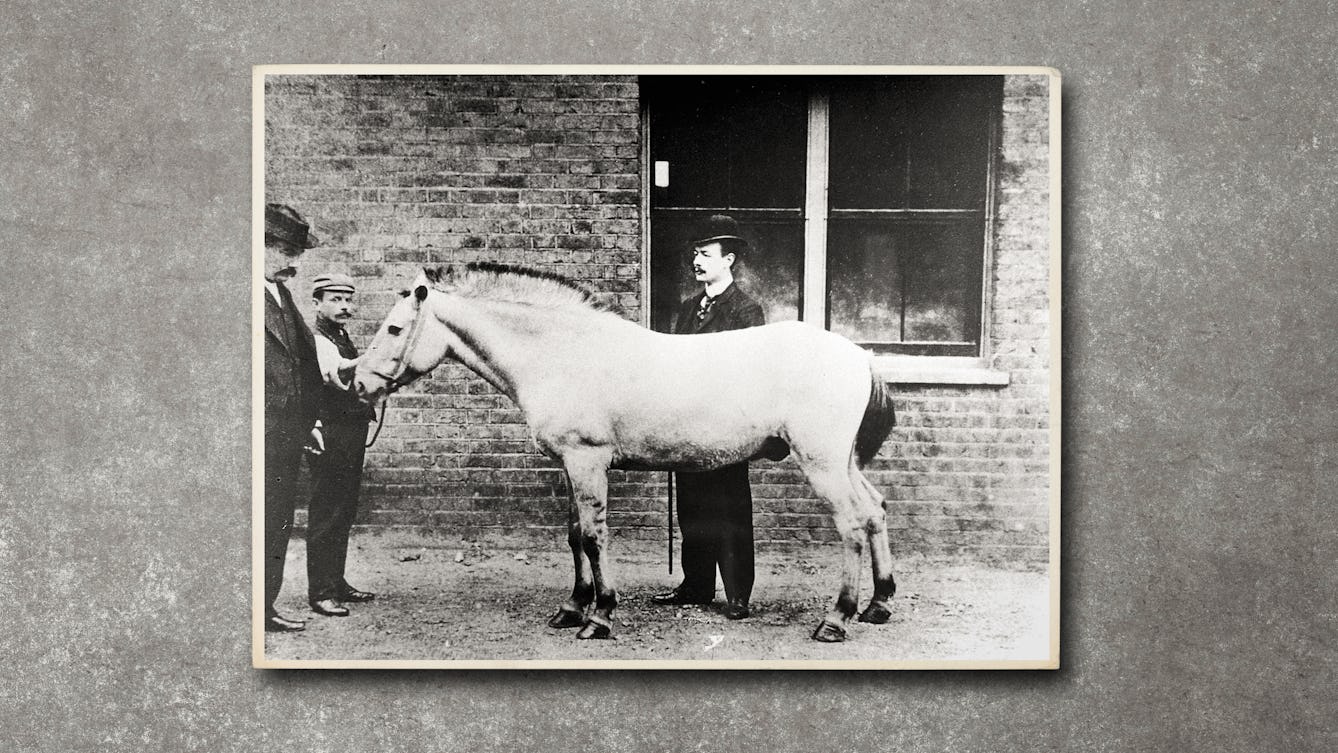
- Article
- Article
Jim, the horse of death
Horses’ blood was used to produce an antitoxin that saved thousands of children from dying from diphtheria, but contamination was a deadly problem. Find out how a horse called Jim was the catalyst for the beginnings of medical regulation.

- Article
- Article
Conflicted and confused about lithium
Covid-19 left Laura Grace Simpkins out of work and living back with her parents. She now had time to restart her research into her medication, but was she mad to continue?

- Article
- Article
Fake news and the flu
Discover how history shows that fake news could play a deadly role – by generating potentially lethal misinformation during a future pandemic.

- Article
- Article
Hunting lost plants in botanical collections
A bark specimen at Kew recalls the story of a South American man who harvested the most potent source of the only effective malaria treatment available in the late 1800s. Killed for his work and forgotten by history, Manuel Mamani was a victim of the colonial juggernaut.

- Article
- Article
Pain and the power of activism
Today, women with endometriosis have more access to better information than ever before. Jaipreet Virdi applauds the shared stories, online communities and self-help books empowering women in pain.

- Article
- Article
Invisibility
Why do menopausal women feel invisible? Because nobody talks about menopause or because society doesn't value older women?
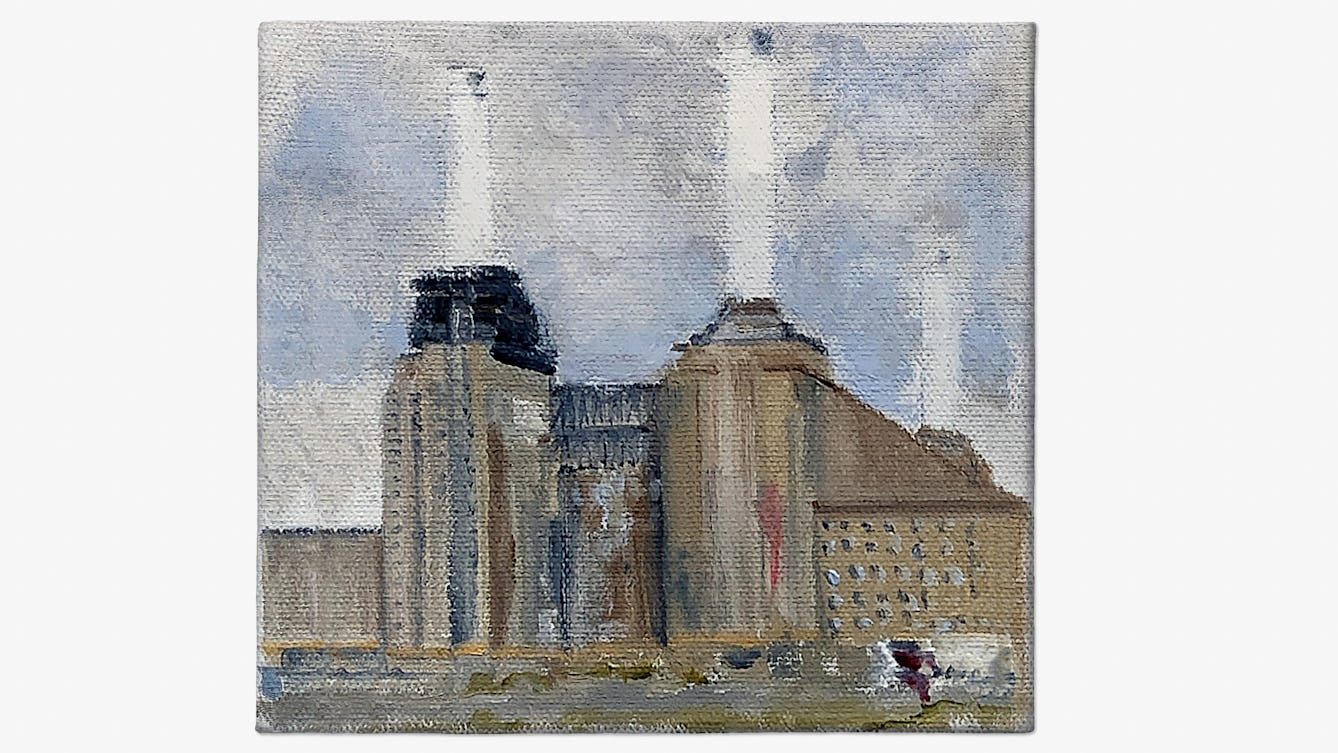
- Article
- Article
People against pollution
Alice Bell reflects on what happens when communities help solve environmental problems, and whether citizen science can help fight industrial pollution today.

- Article
- Article
It’s getting mighty crowded
Mid-20th-century population-density research on mice produced a whiskered apocalypse, predicted to become the fate of humans too. But perhaps a more compassionate approach could fend this off.
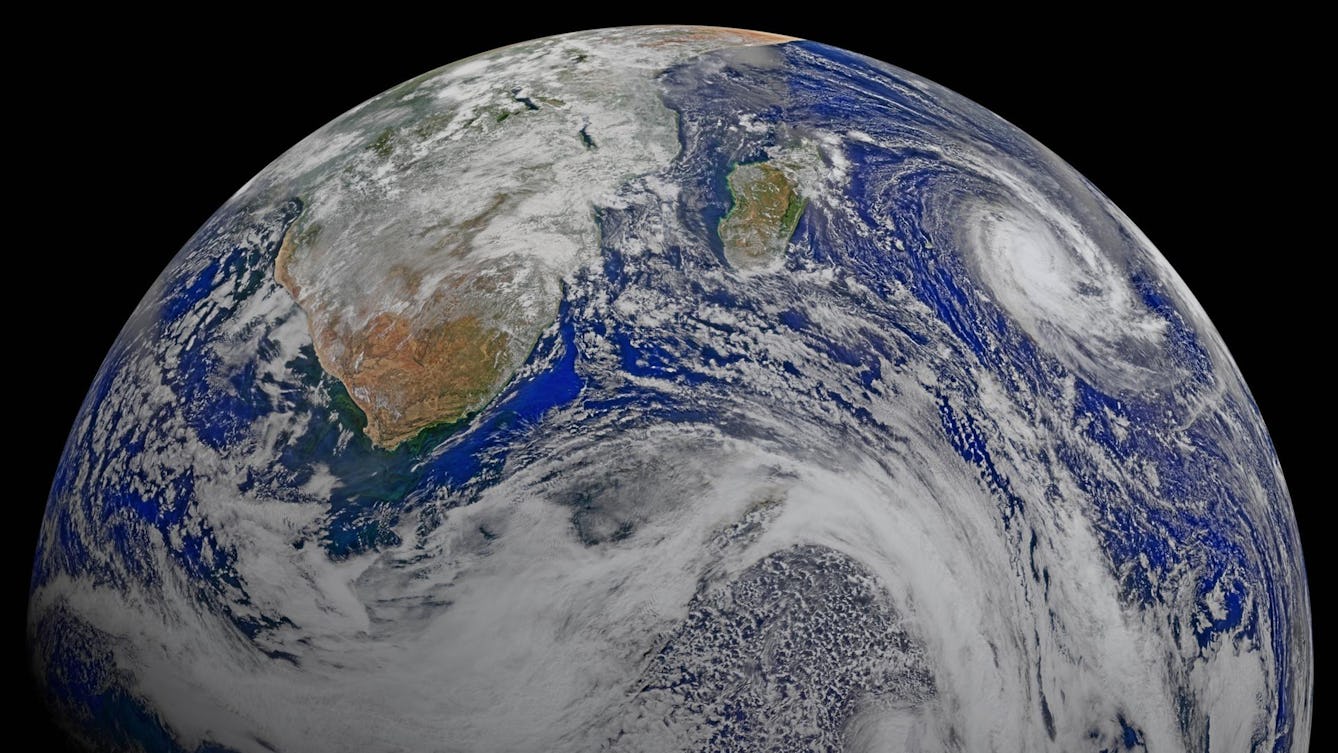
- Article
- Article
How to cure the eco-anxious
Could community activism be the key to overcoming a fear of environmental collapse?
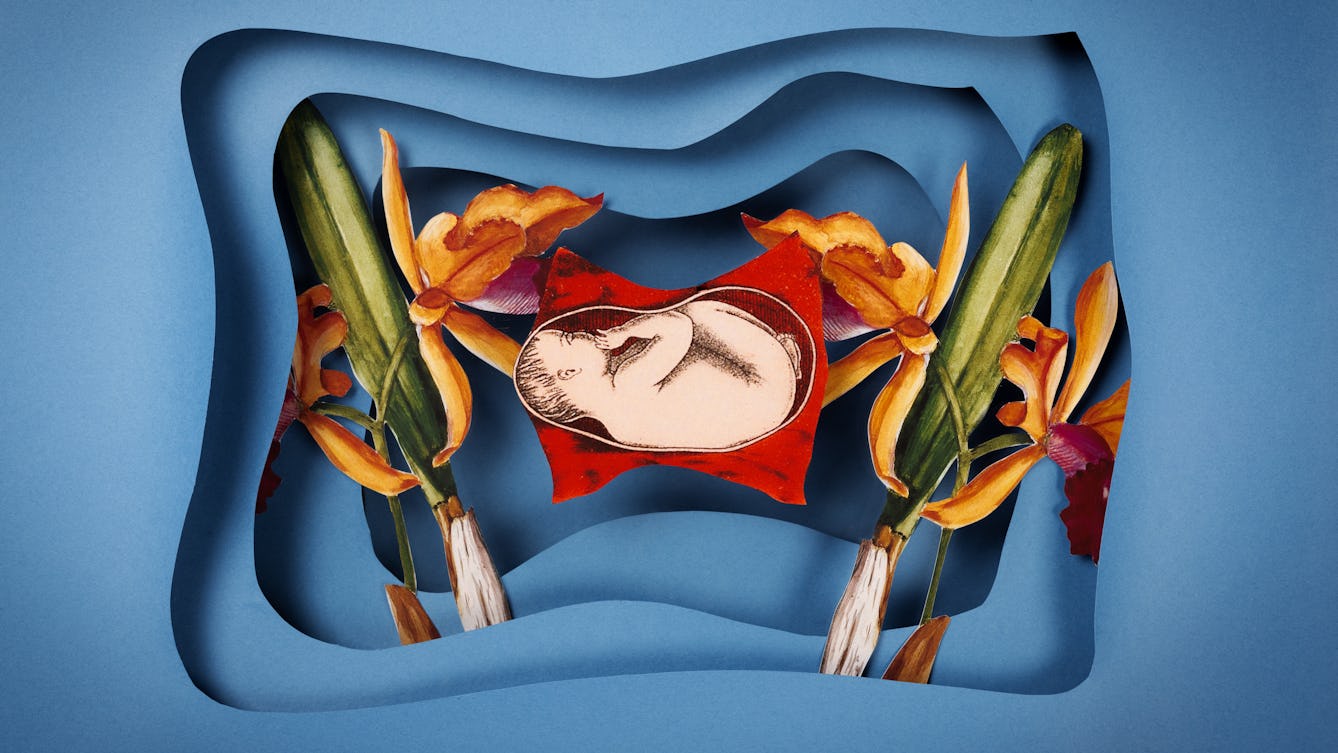
- Book extract
- Book extract
Of incubators, orchids and artificial wombs
In this extract from Claire Horn’s new book, ‘Eve: The Disobedient Future of Birth’, she traces the development of the artificial womb, soon to become a reality.
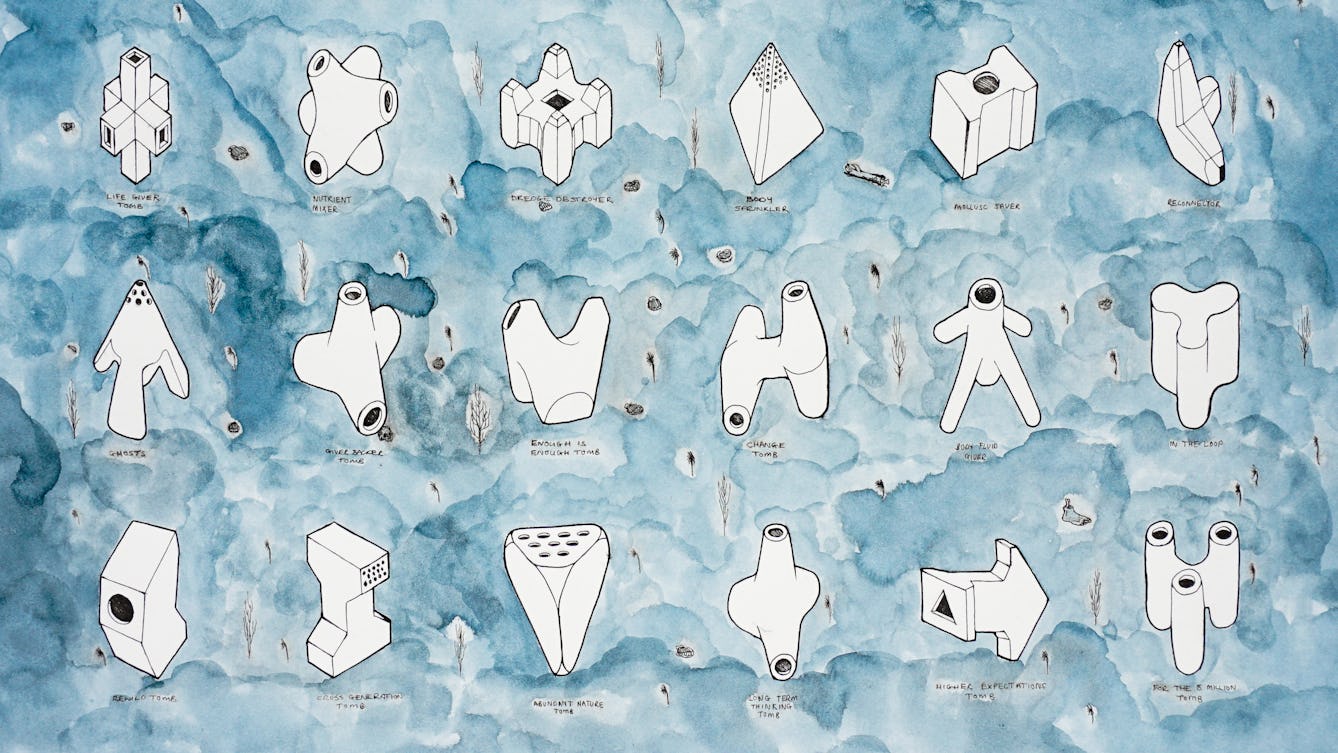
- Article
- Article
Dying to be in nature
The modern funeral business is one that uses up precious resources and pollutes the planet. But you can make sure it’s only your memory that leaves its mark with these new and natural ways to leave this earth.
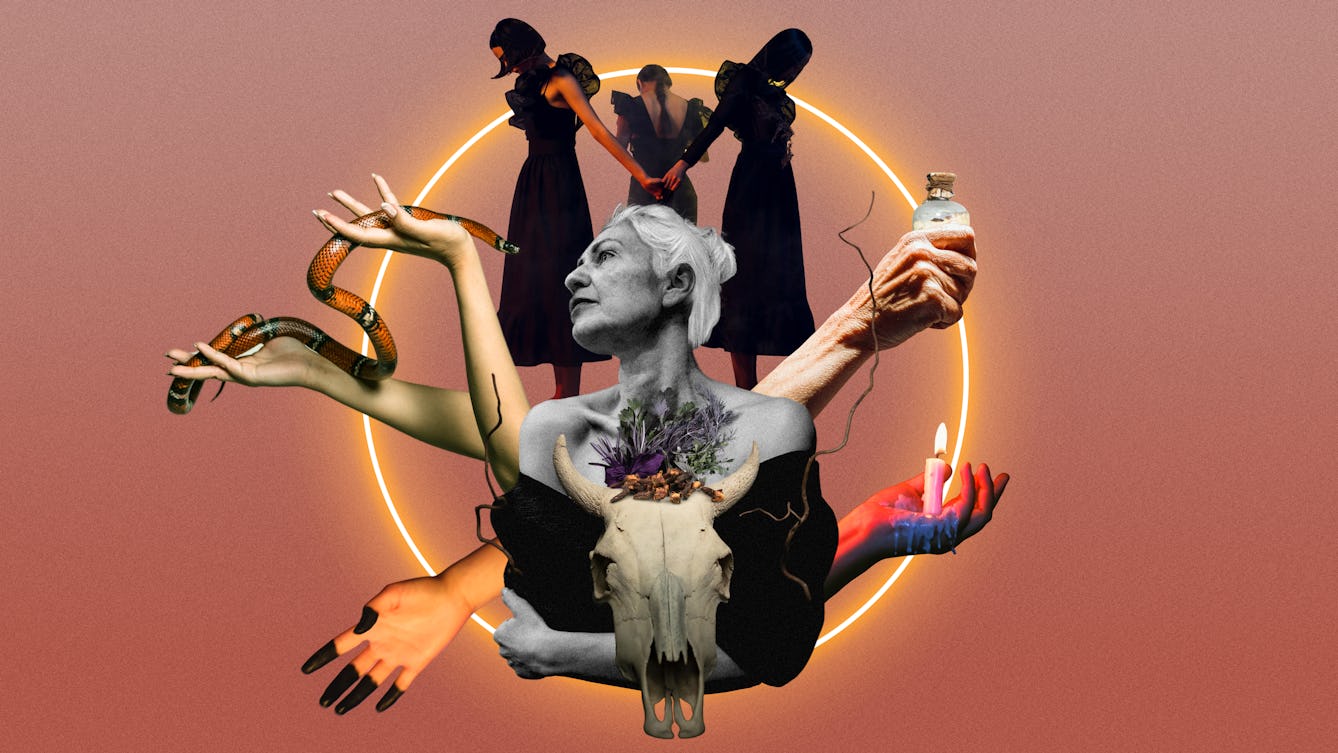
- Article
- Article
Witches
Many of the women persecuted as witches in the 16th-century “witch craze” were over 50 and exhibited signs of menopause. Helen Foster suggests that the stigma of the wicked witch still affects older women and how they deal with menopause.
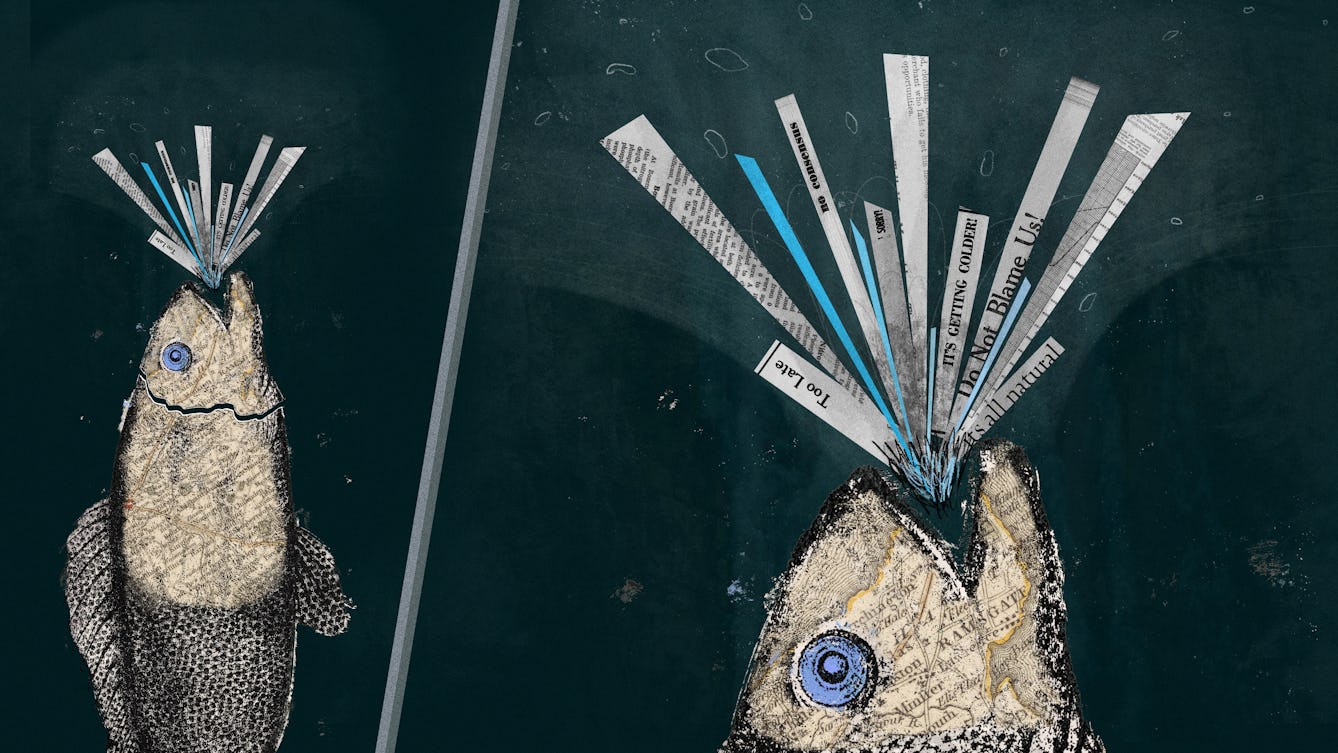
- Article
- Article
Coasting to catastrophe
In climate change, everything – and everyone – is connected. The watery process that will gradually cut off the Isle of Thanet from the British mainland has begun, and everyone in the UK needs to pay attention.

- Article
- Article
NHS strikes and the decade of discontent
When the social unrest of the 1970s spread to the NHS, dissatisfied staff challenged the status quo for the first time in quarter of a century.

- Article
- Article
Epidemic threats and racist legacies
Epidemiology is the systematic, data-driven study of health and disease in populations. But as historian Jacob Steere-Williams suggests, this most scientific of fields emerged in the 19th century imbued with a doctrine of Western imperialism – a legacy that continues to influence how we talk about disease.
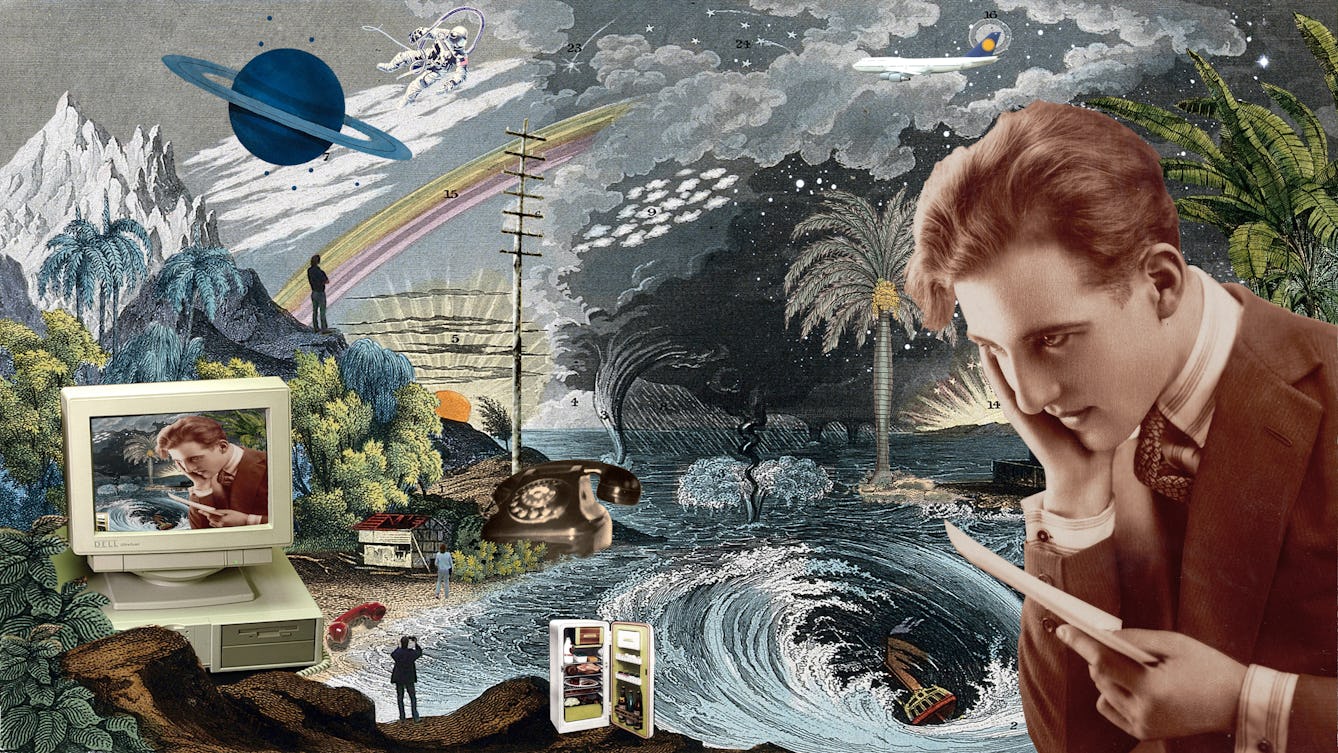
- Article
- Article
Finding a cure for homesickness
While technology can mitigate some aspects of homesickness, other components of home are harder to replicate. Find out how 21st-century studies are helping homesickness sufferers find silver linings in their new situation.

- Article
- Article
Death and our digital ghosts
When we die, our data lives on. And as companies are increasingly spotting money-making opportunities from digital legacies, now could be the time to think about – and control – yours.